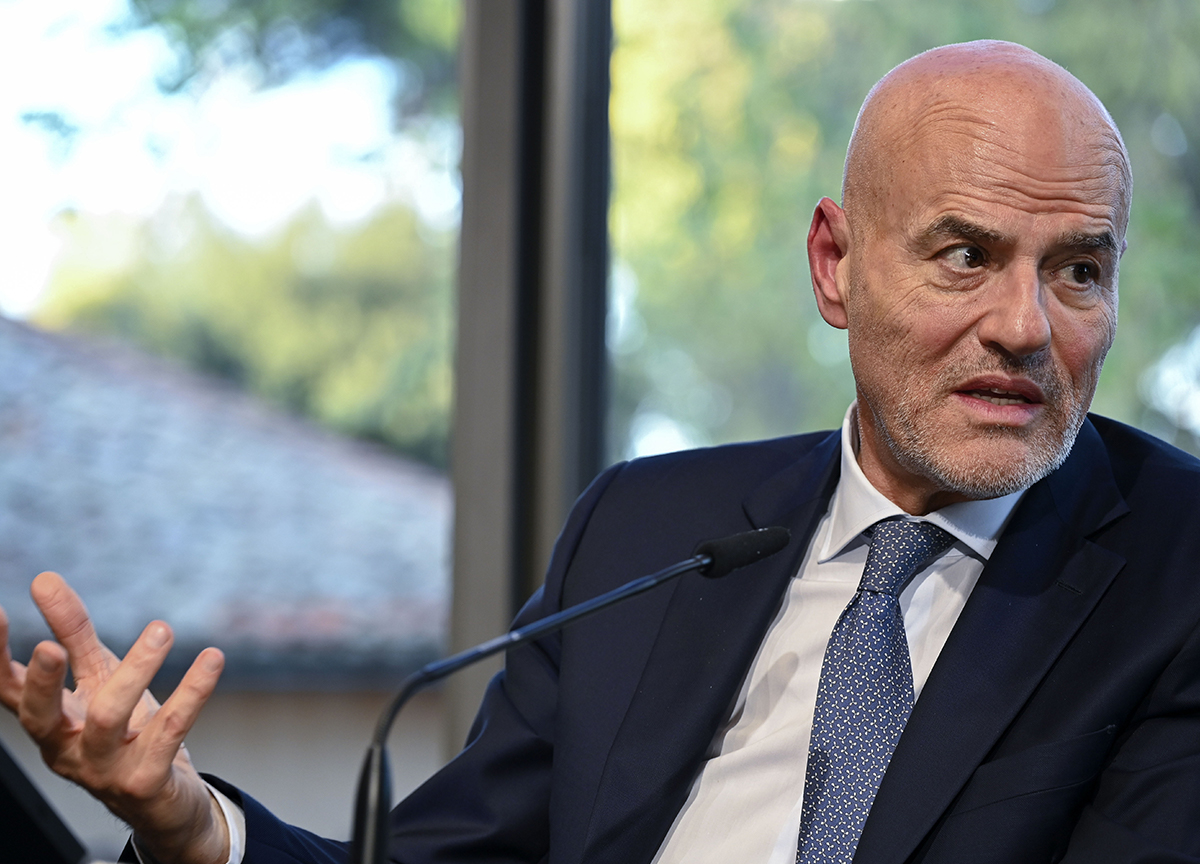Eni’s CEO Descalzi: “Moscow’s dependence on gas is over”
The price of energy in Europe will not experience “major shocks” in 2023. This was stated by Claudio Descalzi, CEO of Eni, in an interview with ‘La Stampa’. On the energy crisis in Europe “I don’t expect any more major shocks on the energy market this year. European gas stocks are full and, although the global economy has restarted, demand is not at its peak because China has not yet resumed activities at full capacity. Above all – explains Descalzi – in recent months we have managed to diversify supplies, eliminating dangerous dependencies for the stability of supplies and prices”. Has the link with Moscow been completely severed? “Russian gas imports are almost zero, reduced to a few percentage points. Thanks to the importation of liquefied natural gas from the United States and the new supply contracts stipulated in northern and sub-Saharan Africa”, replies Eni’s CEO to the newspaper.
Which countries have displaced Russian supplies? “Algeria has become Italy’s main gas exporter, but we also expect significant contributions from Egypt, Angola and Mozambique. Once the two regasification terminals planned in Italy have been completed, we will have supplies and infrastructure capable of ensuring greater energy security. Steps remain to be taken at an industrial level and we are working on other projects to bring gas to Europe”, continues Descalzi in the interview with La Stampa.
After the gas price boom, the British BP scaled back its emission reduction plans to prioritize energy security. Are you also considering a strategy review? “We will not take any step back on the reduction of emissions to which we allocate about a quarter of the 37 billion investments envisaged in the plan by 2026. We are focusing heavily on renewables – wind and solar – on biorefineries and the circular economy”. So there is no antithesis between transition and energy security? “They are not in contradiction, but rather the first is essential to obtain the second in the medium to long term. In the short term, however, energy security depends on the stability of supplies of those products, oil and gas, which still satisfy 83% of energy demand. To replace them, it is also important that the transition is diversified and contemplates more technologies”. And this because “if the transition is not based on technological neutrality, bottlenecks can form such as to frustrate the objectives of energy independence. 80% of rare earths come from a single country (China, ed.): there is the risk of creating a new edition of dependence on Russian gas in renewables”.
On the exclusion of biofuels from the list of fuels permitted in Europe for cars and light commercial vehicles even after 2035, Descalzi observes that “biofuels have so many industrial applications that their exclusion from passenger transport has no impact on our development prospects. We are already selling it to aviation and the demand for air transport is destined to increase with the new European regulations”. However, the Italian government is pressing to reopen the negotiations on biofuels for cars, asked the newspaper. “Logic suggests experimenting with every solution available to achieve a goal. We’ll see if there’s room to reopen the discussion at European level”replies the CEO of Eni.
The US has allocated 369 billion for the energy transition. Is the Inflation Reduction Act incentive a threat to Europe? “The USA already enjoys a much lower cost of energy than Europe: the price of gas is seven times lower. The IRA is attracting many investments in green technologies in America: we are not directly damaged by it, but certainly the possible loss of competitiveness of European industry concerns us”, says Decsalzi who on the agreement with the American CFS to build the first nuclear fusion power plant in the early 2030s confirms the goal as “Eni is not only shareholder of CFS, but collaborates in the project: we are therefore able to verify the results, which are encouraging. I accept the skepticism and I am aware that others are experimenting with different solutions on the atom. The important thing is that the competition is not ideological but industrial, to find the best technology“. What do you mean? “The global population is destined to rise to 8-9 billion and population growth will be concentrated in countries where access to energy is limited. It would be a mistake to neglect the development of any technology capable of providing energy at low cost and with zero emissions “, he concludes.
Subscribe to the newsletter
